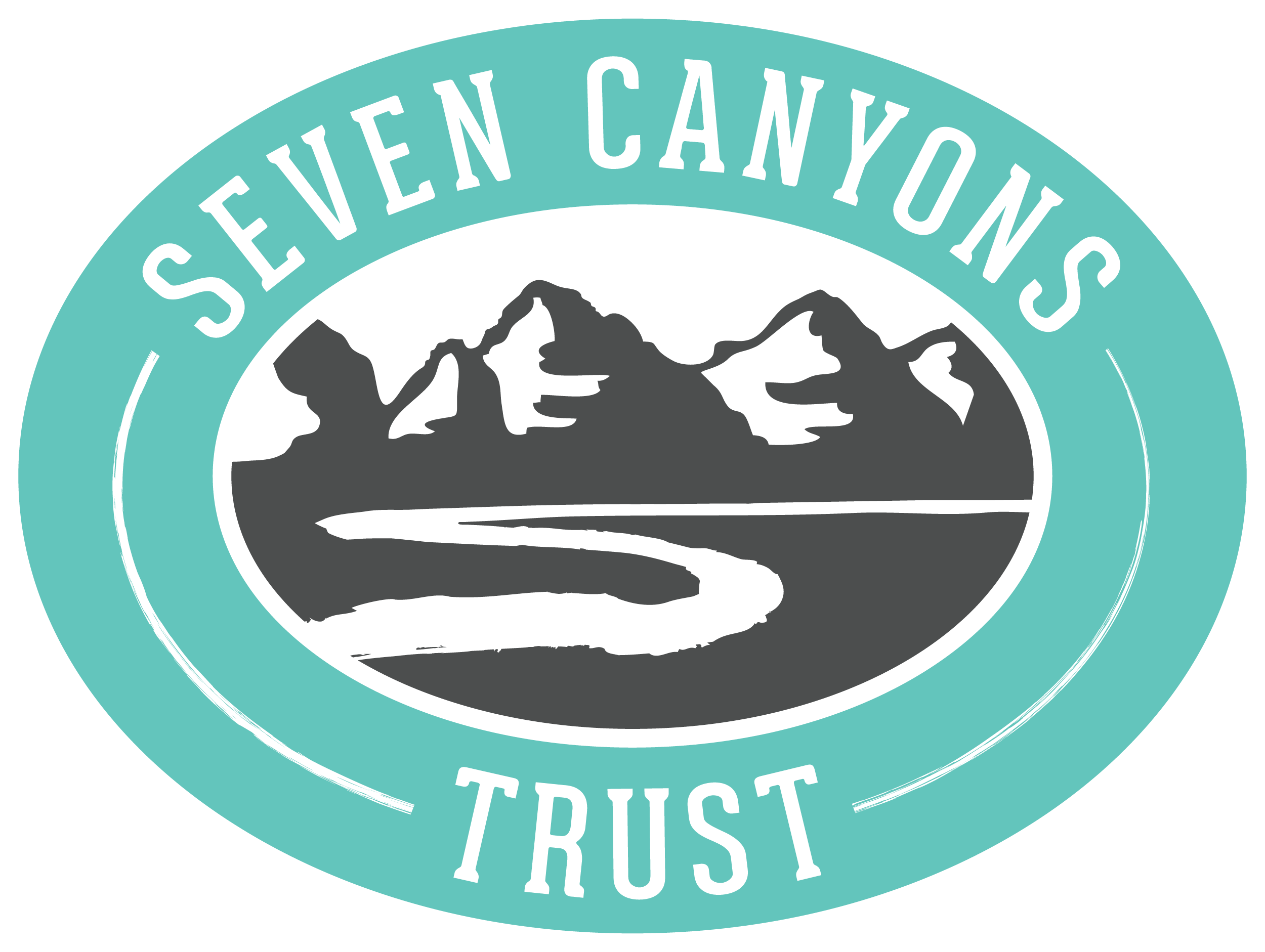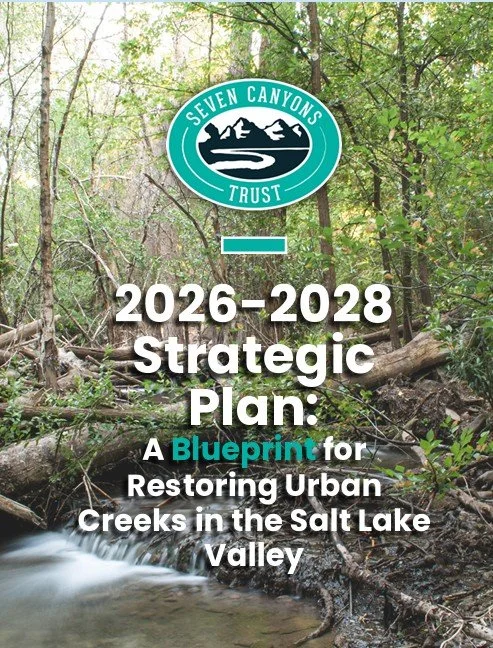Art in nature, it's everywhere
Authored by Rebecca Burch
Source: Nature Play QLD
An article exploring artwork created out of items found in nature. This activity develops stewardship of the outdoors, while exploring free, zero-waste art and creativity.
Nature is everywhere which means so too can art. Whether you are out in the backyard with the kids, the park, the beach, even just the sidewalk waiting for a bus there is nature around us. And with nature, both children and adults alike can express their creativity.
A form of art inspired by nature is Ephemeral art. Artistic creations are made from items found in nature including leaves, sticks, bark, pebbles, seedpod, nuts, berries, petals, sand or shells. Options are endless, anything in nature can be used. The artwork is created on the ground, or on the sand at the beach, but can also be 3D in nature through sculpture. No glue, paper, paint, clay or extra tools are needed. It is simply made on the spot wherever you are in nature with whatever natural resources lie before you in the environment.
Do you have toddlers pulling at you at the clothesline, bored and wanting to play? Well let’s introduce them to nature art. At the base of my clothesline is a path closely surrounded by a pebble garden, with many fallen leaves, broken sticks and on a lucky day a feather or a flower. At first you will need to model and create with your child, but soon enough they create independently and source their own materials from around them. Often its abstract patterns and spirals and lines, but can also be faces and animals or people, it’s up to you.
Sensory explosion
Young children explore their world with all of their senses, through hands on experiences they see their evolving creations, the colours, the patterns, they feel the textures of the materials; the soft petals, the rough bark, smooth stones, and smell the fragrant leaves and flowers. Sensory play builds nerve connections in the brain's pathways, which lead to the child's ability to complete more complex learning tasks. Through nature, they learn to sort, match, classify, and order, all important parts of developing early math skills. Sensory play supports children to use and coordinate small muscles. These fine motor skills are important for drawing and writing, threading and cutting as well as tying shoe laces. Using senses to explore their world helps foster their language as they begin to discover and describe the “fluffy feather”, the “crunchy leaves” and the “hard rock” as they build their vocabulary.
Active exploration of natural materials enhances children’s appreciation of the natural beauty in our world and deepen their respect for the environment. It fosters concepts of sustainability, waste and challenges consumerism. It teaches children that art is not just able to be made on purchased paper and products but art can be created anytime with anything. It can be done anywhere where there is nature, each environment lending itself to new discoveries, whether it is the sand, pebbles, pumice stone and shells by the beach or the leaves, petals and sticks in your backyard.
Readily accessible free play
On a rainy day, bring the nature inside, whether it’s a few pebbles, petals from flowers, leaves or sticks. For those worried about the potential mess, define a space with a placemat, a biscuit tray, a cloth or piece of fabric all work wonders on a table. If you have a little more space on the floor, lay out a table cloth or picnic blanket or define a space with masking tape, the tape comes off carpet, wood or vinyl floors without a hassle. After all, parents need piece of mind that the nature won’t be spread across the entire house after some exploration. Explain the boundaries to children and a basket or bucket or bowl to fill when they tire of creating.
We can all be artists
Ephemeral art is a great way for families to connect together on an equal standing, there are no barriers with age or artistic ability, there are no expectations of coloring within lines or doubting our abilities to draw or paint. We just simply create and do what comes naturally. As adults immerse in this type of art we see parts of their personality emerging and being expressed. Whether it’s straight ordered lines of leaves in size or color, or mandala’s radiating with bursts of color and vibrant energy or sometimes artworks create a sense of calm from the natural colors and soft shapes used.
It builds confidence in our own abilities to be artistic, as we can construct, deconstruct and create again with no evidence of re-making, no eraser markings or liquid paper or scribbles to mark our mistakes, because with nature art there are no mistakes, it is a journey of creating and often recreating. It fosters a positive self-esteem because each piece is unique and one of a kind and free from competition. The art is temporary, it is washed away by the waves on the beach, the wind along the ground, the rain or simply just returned to the garden.
Why not get your children to collect nature items from your backyard or in the community. Upcycle a basket or gift box to hold all the precious treasures and hey presto, a gift that costs nothing but we pass on the love of nature and all that it can offer. Remember to be sustainable, just “borrow” a small amount from nature and return items when no longer used. Teach children that rather than placing dried withered leaves in a rubbish bin we can return to the garden as mulch, showing the interdependence on all things in nature.




